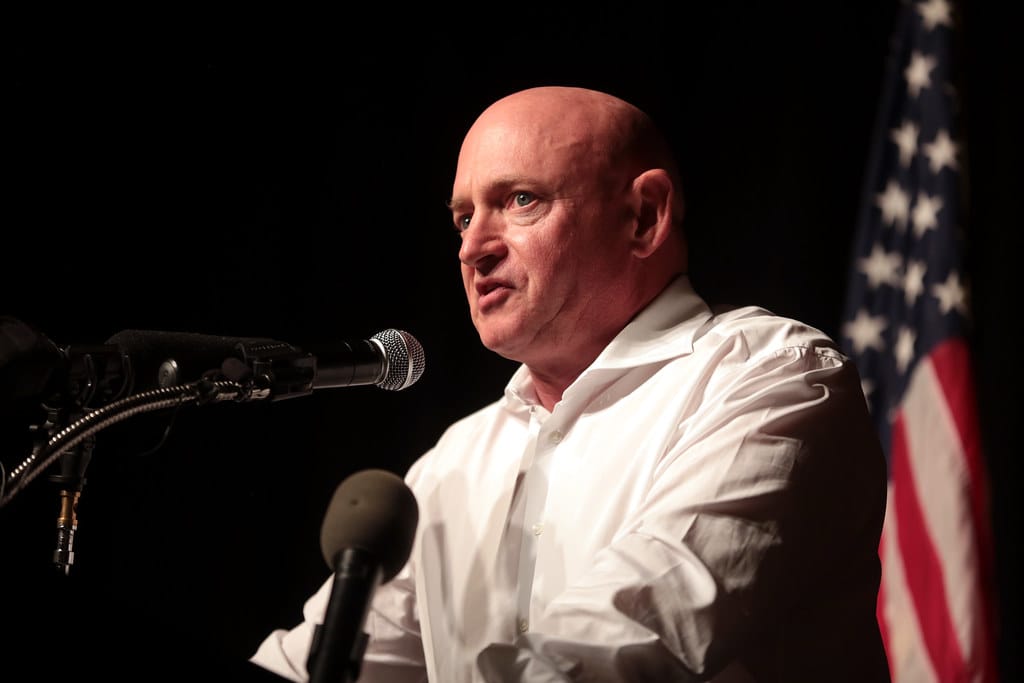Faster Rural Broadband Bill, Tools For Robocalls, Opposition To Instagram For Kids
Senators introduce rural broadband legislation, FCC tackles robocalling, advocates ask Facebook to stop developing Instagram for kids.

April 15, 2021 – Sens. Steve Daines, R-Montana and Mark Kelly, D-Arizona, introduced the “Accelerating Rural Broadband Deployment Act” Wednesday to increase access to existing infrastructure that will allow easier and faster installation of broadband services.
The legislation, S.1113, would make it easier for broadband companies to receive federal right-of-way licenses to install broadband alongside existing infrastructure like federal highways, ensure costs of federal right-of-way licenses are fair market prices and increase transparency into the federal right-of-way license awarding process, according to the news release.
“Broadband coverage is essential to rural states like Montana as we work to close the digital divide. It helps support jobs, connects folks in every corner of our state, and makes life easier for working families,” Daines said in a statement. “I’m glad to work across the aisle on this commonsense, bipartisan legislation that will help expedite broadband deployment across Montana by capitalizing on existing infrastructure.”
“Broadband access is not just about staying connected, it’s how small businesses, hospitals, and students thrive in today’s economy,” Kelly said. “I’ve spoken to so many Arizonans, especially in rural areas, who have faced challenges because of poor internet access, and that’s why I worked with Republicans and Democrats to introduce this legislation that will cut red tape and help broadband projects move faster in rural communities. Every Arizonan deserves reliable broadband access.”
Several broadband organizations expressed support for the legislation, including the Internet and Television Association, the Rural Broadband Association, USTelecom, Advocates for Rural Broadband, Montana Telecommunications Association and Blackfoot Communications.
FCC calls on carriers to ensure free tools for consumers to protect against robocalls
Federal Communications Commission Acting Chairwoman Jessica Rosenworcel announced Tuesday the agency’s efforts to protect consumers from unwanted and scam robocalls and spoofed calls.
The FCC’s Consumer and Governmental Affairs Bureau wrote to major phone companies and issued a public notice to ask about what free robocall blocking tools they make available to consumers. The bureau seeks to learn more about the tools available to consumers, their effectiveness, and any potential impact on 911 services and public safety.
“No one wants more unwanted robocalls in their life. I’m proud that we continue to find new ways to use all the tools at our disposal to make it clear to illegal robocallers that their days are numbered. We want them to know that we’re advocating on behalf of consumers everywhere to put an end to these calls,” Rosenworcel said.
Additionally, the FCC’s Enforcement Bureau issued two more cease-and-desist letters to phone service providers suspected of facilitating robocalls that market auto warranties and credit card debt reduction service, or falsely claim to be from the Social Security Administration or other well-known companies.
The robocall cease-and-desist letters instruct the voice providers to investigate and, if necessary, cease transmitting the identified traffic immediately and take steps to prevent its network from continuing to be a source of apparently illegal robocalls.
Lastly, Rosenworcel announced the launch of a new effort to track the agency’s actions to implement the Telephone Robocall Abuse Criminal Enforcement and Deterrence Act (TRACED Act). The new webpage outlines the agency’s progress in using its strengthened enforcement authority, progress on updated call blocking rules, and steps taken to implement new Caller ID authentication technology. It also details the agency’s work to address one-ring scams, protect hospitals from illegal robocalls, and establish a reassigned numbers database.
Advocates Ask Facebook to stop development of an Instagram for kids
A coalition of almost 100 experts and advocates globally wrote a letter Thursday to Facebook CEO Mark Zuckerberg to abandon the company’s plans to build an Instagram for kids under 13, reported USA Today.
Instagram, the popular social media app, currently does not allow users under the age of 13. Zuckerberg confirmed during a March congressional hearing that a new ‘Instagram for kids’ app was in the planning stage.
The advocates, led by several organizations including the Campaign for a Commercial-Free Childhood, Center for Humane Technology, Common Sense Media and the Center for Digital Democracy, wrote their concerns to Zuckerberg, saying that the app “preys on their fear of missing out as their ravenous desire for approval by peers exploits their developmental growth,” reported the USA Today article.
“The platform’s relentless focus on appearance, self-presentation, and branding presents challenges to adolescents’ privacy and well-being,” the letter said. “Younger children are even less developmentally equipped to deal with these challenges, as they are learning to navigate social interactions, friendships, and their inner sense of strengths during this crucial window of development.”
During the March 25 congressional hearing when asked about the new app, Zuckerberg defended social media apps, saying they are a positive way for people to connect with each other. He also said the details of a kids’ version of Instagram was still being ironed out.
Members of Congress are also concerned about Facebook’s plans for a new children’s app. Sens. Ed Markey, D-Mass., Richard Blumenthal, D-Conn., and Reps. Kathy Castor, D-Florida, and Lori Trahan, D-Mass., wrote a letter to Zuckerberg on April 5 requesting details on the company’s plans.









Member discussion